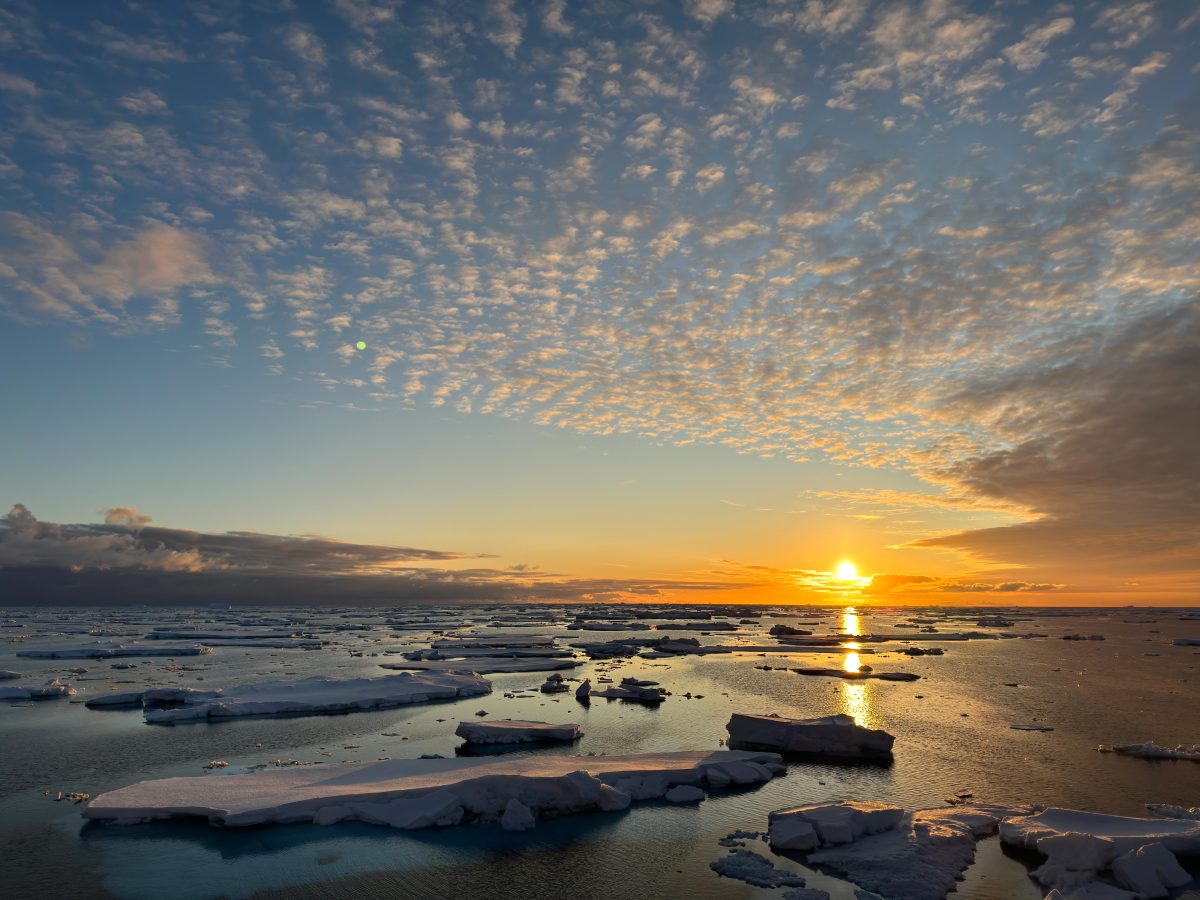The Earth’s oceans, covering more than 70% of the planet, play a crucial role in maintaining life. They regulate temperatures, absorb carbon dioxide, and provide food for billions of people.
However, recent studies show that ocean temperatures have reached record-breaking highs, with devastating consequences for marine ecosystems, global weather patterns, and human livelihoods.The Science Behind Warming OceansOceans absorb over 90% of the heat generated by greenhouse gas emissions, acting as a buffer against climate change. While this might sound beneficial, the excess heat is pushing marine ecosystems to their limits. Coral reefs, often referred to as the “rainforests of the sea,” are dying off due to widespread bleaching caused by warmer waters. These reefs support over 25% of marine life, and their collapse could trigger a domino effect, leading to the extinction of countless species.
Fish populations, vital to global food security, are migrating to cooler waters, leaving traditional fishing communities struggling to adapt. For example, tropical fisheries in Southeast Asia and the Caribbean are facing significant declines, threatening the livelihoods of millions who rely on fishing as their primary source of income.
Impacts Beyond the OceanThe ripple effects of ocean warming extend far beyond marine life. Warmer waters are fueling stronger and more frequent hurricanes, typhoons, and cyclones. Coastal areas are experiencing record flooding due to rising sea levels, while inland regions are suffering from intensified heatwaves and droughts. In 2023 alone, severe flooding in coastal cities like Miami and Jakarta displaced thousands, with damages running into billions of dollars.
Melting polar ice caps, another consequence of warmer oceans, are further accelerating sea level rise. Small island nations such as Tuvalu and the Maldives are at risk of disappearing entirely, while megacities like New York and Mumbai face increased flooding risks.The Path Forward: A Call to ActionThe crisis of warming oceans demands immediate and unified global action.
Governments must prioritize reducing greenhouse gas emissions by transitioning to renewable energy sources like wind, solar, and hydropower. Additionally, protecting marine ecosystems is essential. Efforts like banning overfishing, creating marine reserves, and regulating industrial pollution can help stabilize marine environments.Individual action also matters.
Reducing plastic waste, supporting sustainable seafood practices, and advocating for climate-friendly policies can collectively make a difference. The world has the tools and knowledge to combat this crisis, but the window for action is closing rapidly.

















+ There are no comments
Add yours